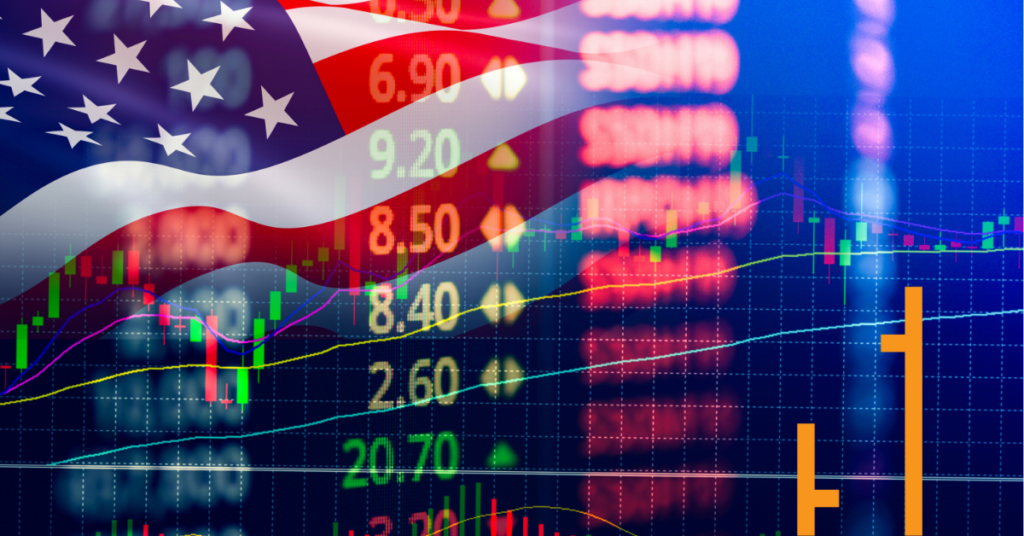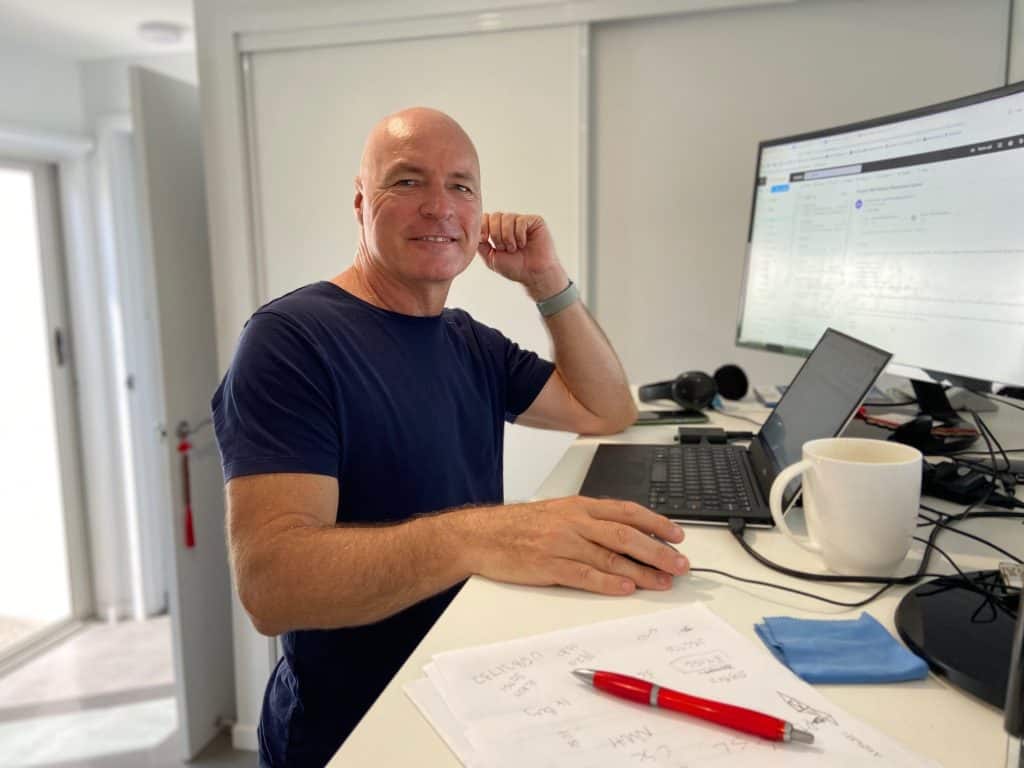
Trading the US Market
What broker can I use?
I use two brokers depending on the strategy and execution requirements.
For more complex and higher frequency strategies, especially ones that require some degree of automation, I use Interactive Brokers (Australia). While their parent company is listed on the NYSE, Interactive Brokers (Australia) is licensed with ASIC and as such has all the required protections afforded to retails traders here. Note: IBKR are not a HIN-based broker.
For less complex strategies we use Self Wealth. You will require an ASX trading account, then it’s simply a matter of setting up a US account using their online application.
Do I need a bank account?
No. Your funds are held with the broker’s bank. In the case of Self Wealth, you are the beneficial owner of any international holdings with Selfwealth which will be held in custody with Phillip Securities Pty Ltd. Your cash will be held in a Phillip Capital trust account with Standard Chartered. Selfwealth has no beneficial ownership or right to either your holdings or cash.
With interactive Brokers (Australia) client money is segregated in special bank accounts which are designated for the exclusive benefit of Australian clients of IBKR. This segregation is a requirement of Australian Financial Services License (“AFSL”) holders and, Interactive Brokers Australia (“IBKR Australia”), as an AFSL holder, complies with these principles.
By properly segregating the client’s assets, if no money or stock is borrowed and no futures positions are held by the client, then the client’s assets are available to be returned to the client in the event of a default by or bankruptcy of the broker.
How do I get my money back from the US?
Many accounts these days are multi-currency accounts. Simply convert the funds back to your home currency, then do an electronic withdrawal. They will be sent back to your own bank account where you initially deposited from. The process for conversion will vary between brokers.
Do I pay a currency conversion fee?
Yes, usually it’s a small percentage. Check with your broker and ideally each transaction should not be converted back and forth on every trade.
Do I pay US tax on US trading?
No, unless you are a resident of the US. You might have to pay the US Government a 15% withholding tax when you receive dividends. This can usually be claimed back at tax time, but make sure you speak to your accountant or tax agent about this.
What about currency fluctuations?
In summary, if you hold USD assets, such as US shares or US cash, then you will be exposed to currency fluctuations. If the AUD rises, then you will experience currency losses. If the AUD falls, then you will experience currency gains.
Over the long-term (15+ years), currency fluctuations work for and against, but net/net, there is (has been) minimal influence. For example, our US Momentum strategy in USD terms has returned +20.8% and in AUD terms +21.2%.
In shorter windows there could be more impact.
This is a complex topic and Chartist Members can find more advanced information about it within our Education area.

